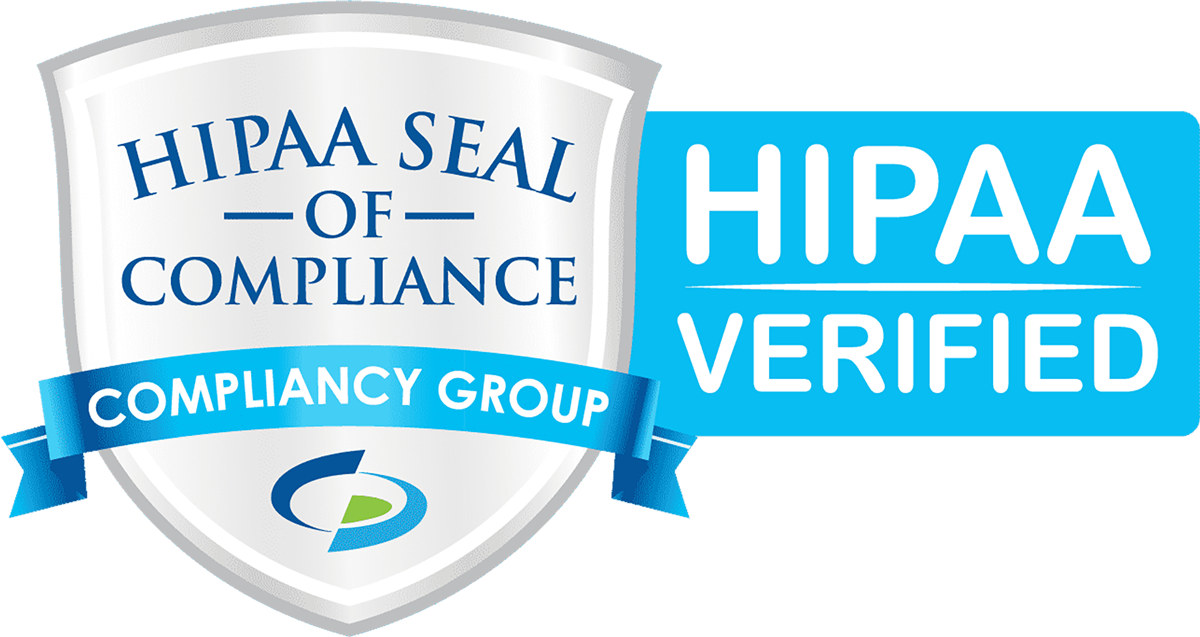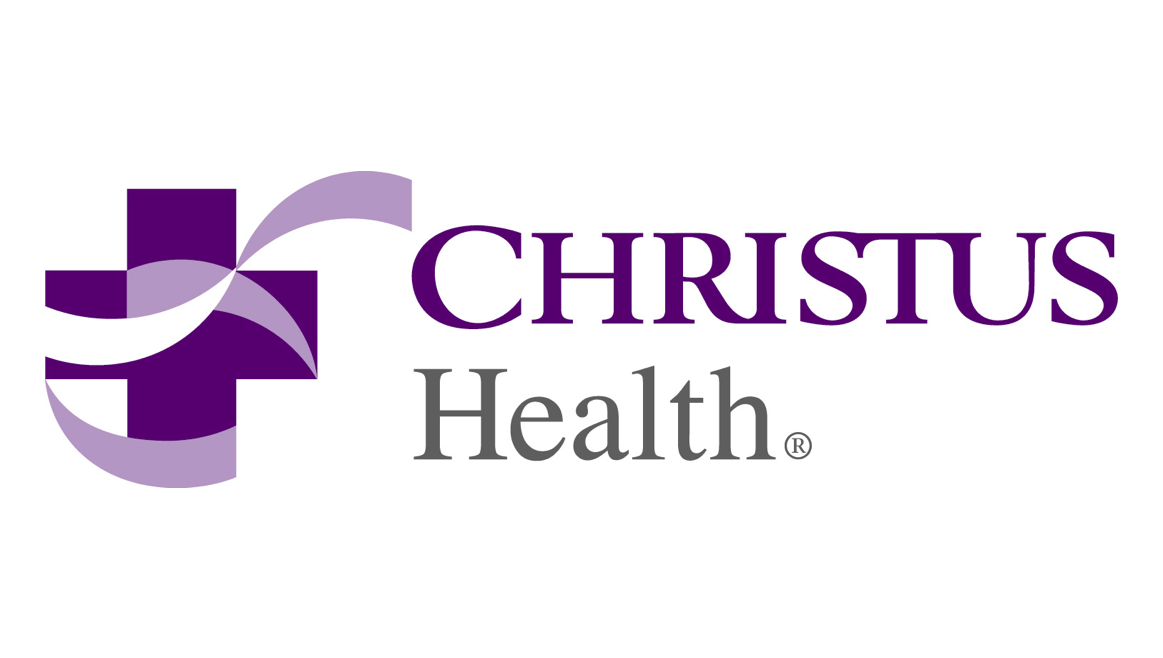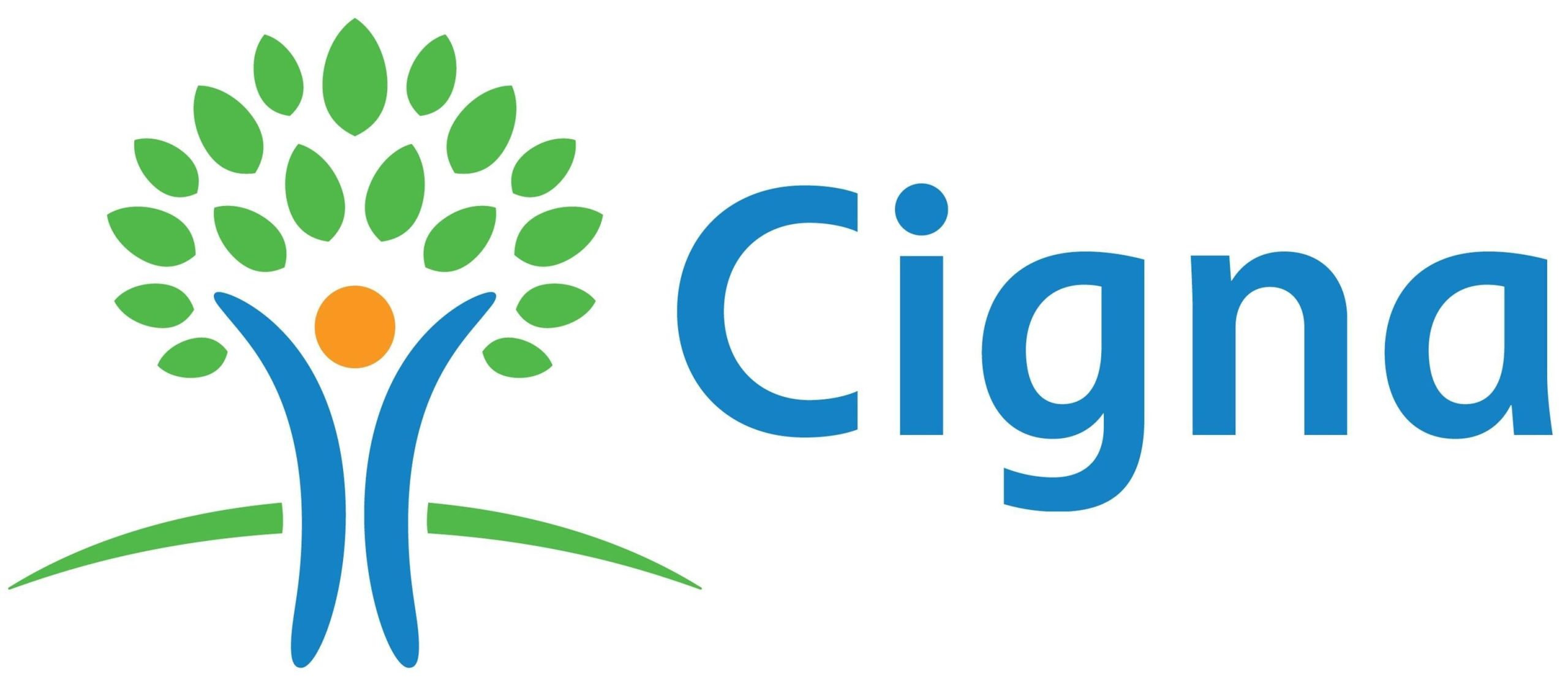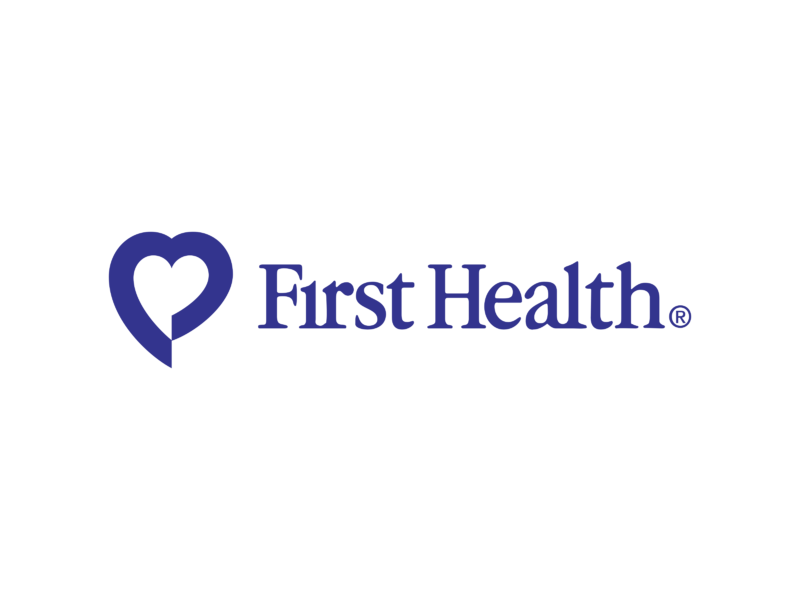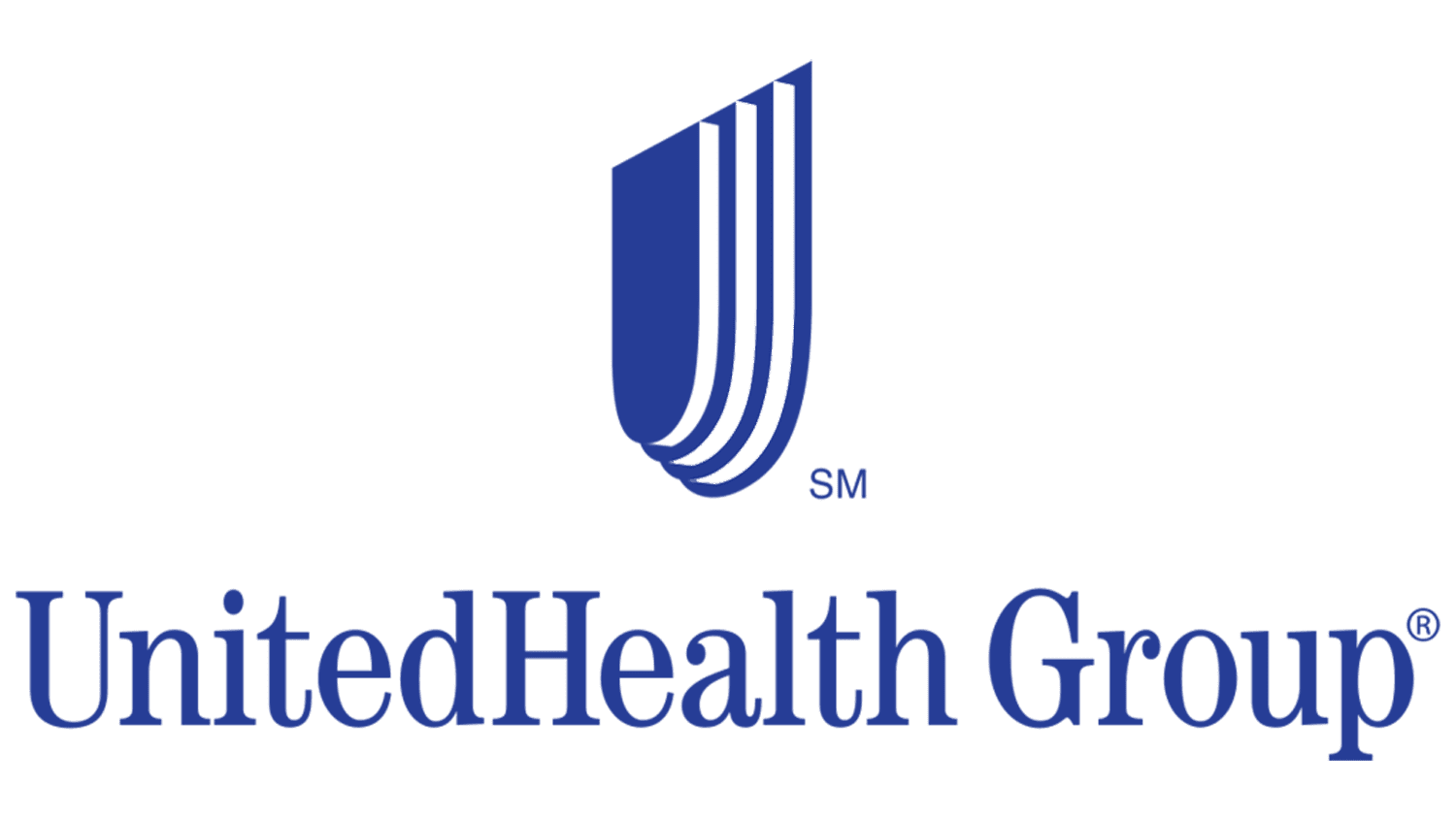Understanding Traumatic Brain Injury
Causes and Severity
Traumatic brain injury (TBI) occurs when a sudden force impacts the head or body, leading to potential damage to brain cells. Events such as falls, vehicle crashes, sports injuries, and violent assaults often cause TBIs. Combat-related injuries and explosive blasts can also result in TBIs, especially among military personnel.
The severity of TBI varies widely. Healthcare providers classify TBIs as mild, moderate, or severe:
- Mild TBI (Concussion): Temporary impact on brain cells.
- Moderate TBI: More prolonged symptoms, potential for long-term issues.
- Severe TBI: Significant impairments, risk of long-term complications or death (Cleveland Clinic).
The Glasgow Coma Scale (GCS) is often used to assess the severity of TBIs. The scale evaluates three key areas: eye-opening, verbal response, and motor response. Scores are categorized as follows:
| GCS Score | Severity Classification |
|---|---|
| 13-15 | Mild TBI |
| 9-12 | Moderate TBI |
| 8 or below | Severe TBI |
The GCS also aids healthcare providers in tracking a patient’s recovery progress (NICHD).
Common Complications
Traumatic brain injuries can lead to a range of complications, affecting both physical and cognitive functions. Common physical complications include:
- Persistent Post-Concussive Symptoms: Lingering effects such as headaches, dizziness, and cognitive difficulties.
- Nerve Damage: Injuries at the base of the skull can affect cranial nerves, leading to issues like double vision or loss of smell.
- Seizures: Increased risk of seizures, especially in the days or weeks after the injury.
Patients with TBI may also face cognitive and emotional challenges:
- Memory problems: Difficulty retaining new information or recalling past events.
- Concentration issues: Problems with staying focused or paying attention to tasks.
- Mood swings: Emotional instability, including irritability, depression, or excessive aggression.
Given the wide range of complications associated with TBI, comprehensive care and support are crucial. Whether through cognitive behavioral therapy or day programming, appropriate treatment options can significantly aid recovery. For those seeking holistic healing, exploring non-traditional therapies for TBI can also offer benefits.
Cognitive Impacts of TBI
Traumatic Brain Injuries (TBI) can significantly impact an individual’s cognitive abilities and communication skills. These changes can affect everyday life and make recovery a challenging yet essential journey.
Changes in Cognitive Skills
Individuals who have experienced a TBI often face various intellectual problems. Several people with significant brain injuries encounter changes in their cognitive skills, influencing areas such as focus, thought processing, and problem-solving. Cognitive deficits can also encompass memory loss and motor dysfunctions (NCBI).
| Cognitive Skill | Impact of TBI |
|---|---|
| Focus | Difficulty concentrating on tasks |
| Thought Processing | Slower processing speed and difficulty in understanding information |
| Problem-Solving | Challenges in finding solutions and making decisions |
| Memory Loss | Inability to recall past events and difficulty forming new memories |
It is critical to address these cognitive challenges through targeted therapies. Rehabilitation programs like cognitive behavioral therapy and dialectical behavior therapy are often part of an effective treatment plan.
Communication Challenges
Communication problems are another common issue faced by individuals with TBI. These challenges can include difficulty in understanding and producing language, leading to issues with social skills and mood regulation.
| Communication Issue | Description |
|---|---|
| Language Comprehension | Difficulty in understanding spoken or written language |
| Speech Production | Struggles with speaking clearly or fluently |
| Social Skills | Challenges in engaging in everyday conversations and interpreting social cues |
Behavioral changes and sensory problems often accompany these communication difficulties, further complicating social interactions. For such cases, therapies like emdr therapy and radically open dialectical behavior therapy can be beneficial.
Addressing these cognitive and communication challenges is crucial for the holistic recovery of TBI patients. Programs with a comprehensive approach, such as day programming and partial hospitalization program, play an integral role in the rehabilitation process.
For more insights on this topic, we invite you to explore our articles on transitional independent living, depression treatment, and anxiety disorder treatment.
Treatment Options for TBI
In the context of treating traumatic brain injuries (TBI), there are several critical steps involved, ranging from immediate emergency care to long-term medication strategies. Let’s explore these treatment methodologies in more detail.
Emergency Care
Emergency care for traumatic brain injury primarily focuses on stabilizing the patient to prevent further damage. The goals are to ensure adequate oxygen supply to the brain, maintain blood pressure, and avoid additional injuries to the head or neck. In cases of moderate to severe TBI, minimizing secondary damage caused by inflammation, bleeding, or reduced oxygen supply is crucial.
| Emergency Care Objectives | Description |
|---|---|
| Oxygen Supply | Ensuring the brain receives adequate oxygen |
| Blood Pressure | Maintaining stable blood pressure levels |
| Injury Prevention | Preventing further head or neck injuries |
| Inflammation Control | Reducing secondary damage due to swelling |
Surgical Interventions
Surgical intervention may become necessary to minimize additional brain tissue damage following a traumatic brain injury. Depending on the severity and specific complications of the injury, surgery can address various issues such as:
- Removing clotted blood (hematomas)
- Repairing skull fractures
- Relieving pressure inside the skull by draining cerebrospinal fluid
These surgical procedures aim to prevent further injury and promote a better environment for recovery.
Medication Strategies
Medications serve multiple purposes in TBI treatment, including limiting secondary damage and managing symptoms. Immediately after TBI, specific drugs like anti-seizure medications may be administered to those at risk of seizures within the first week post-injury. Other medications aimed at symptom relief and reducing the risk of associated conditions are used throughout the recovery process. Ongoing research aims to identify new medications that can further facilitate recovery from TBI.
| Type of Medication | Purpose |
|---|---|
| Anti-seizure Drugs | Reducing risk of early seizures |
| Symptom Management Medications | Addressing issues like pain and mood disorders |
| Research Medications | Facilitating recovery and reducing long-term damage |
For additional and ongoing support, it may also be beneficial to explore various therapy options such as cognitive behavioral therapy and rehabilitation programs including day programming and intensive out-patient programs. These interventions are critical in ensuring a holistic approach to treating and managing traumatic brain injuries.
Rehabilitation for TBI Recovery
Rehabilitation is a key component in the recovery from traumatic brain injury (TBI). Understanding its importance and the different therapy options available can significantly aid those on the path to healing.
Importance of Rehabilitation
Rehabilitation plays a crucial role in the recovery process for individuals with both moderate and severe TBIs. Many patients make significant improvements and are able to return to daily activities such as work or school. Rehabilitation not only helps in physical recovery but also aids in compensating for any lingering deficits.
Patients with moderate TBI often recover well with rehabilitation, while those with severe TBI require long-term, specialized rehabilitation. Such programs are designed to address a range of medical issues alongside the brain injury itself. With the right support and intervention, many patients can regain significant functions, although some may be left with permanent impairments.
Rehabilitation encompasses a variety of interventions aimed at helping patients regain physical, emotional, and cognitive functions. This includes activities like learning new skills, adapting to changes in health conditions, and managing daily tasks such as self-care, driving, and social interactions (NICHD).
Therapies for Recovery
Several evidence-based therapies are commonly used in the rehabilitation process for TBI recovery. These therapies target different aspects of the individual’s recovery needs, from physical to cognitive challenges.
Physical Therapy
Physical therapy is essential in helping individuals regain strength, coordination, and mobility. This type of therapy focuses on exercises and physical activities that enhance motor skills and overall physical health. It is particularly beneficial for those with physical impairments resulting from a TBI.
Occupational Therapy
Occupational therapy helps individuals relearn daily activities and regain independence. This can include tasks like dressing, cooking, and personal hygiene. Occupational therapists work with individuals to develop strategies that accommodate their new abilities and promote autonomy.
Speech and Language Therapy
Speech and language therapy addresses communication challenges that may arise after a TBI. This therapy focuses on improving speech, language, and cognitive communication skills. Speech therapists also help with swallowing difficulties, which can be a common complication of TBI.
| Therapy Type | Focus | Benefits |
|---|---|---|
| Physical Therapy | Enhance motor skills | Improves strength, coordination, mobility |
| Occupational Therapy | Daily activities | Promotes independence in personal care and chores |
| Speech and Language Therapy | Communication skills | Enhances speech, language, and swallowing functions |
Each of these therapies forms a vital part of the comprehensive rehabilitation plan. They work together to address the various impacts of TBI, offering a holistic approach to recovery.
For more detailed information on therapies and their specific applications, you can explore our resources on cognitive behavioral therapy and dialectical behavior therapy. Practicing mindfulness and using various therapeutic approaches can significantly aid in the recovery process. If you’re seeking more structured programs, consider options like a partial hospitalization program or an intensive out-patient program designed to support mental health and recovery needs.
These therapy options provide a solid foundation for individuals recovering from TBI, helping them regain their lives and navigate the challenges they face.
Promising Research for TBI Treatment
In our continuous effort to provide comprehensive care for individuals with mental health and substance abuse issues, we closely follow promising research in the treatment of traumatic brain injury (TBI). This section delves into the latest findings in drug-based therapies, cellular interventions, and targeted therapeutic approaches.
Drug-Based Therapies
Several drug-based interventions show promise in the treatment of TBI. Research indicates that erythropoietin and its carbamylated form, along with statins, are among the notable candidates. These drugs aim to reduce brain injury through neuroprotection and enhance brain remodeling processes like angiogenesis, neurogenesis, and synaptogenesis. These processes are vital for improving functional outcomes in TBI patients.
| Drug | Mechanism of Action | Research Status |
|---|---|---|
| Erythropoietin | Neuroprotection | Experimental |
| Carbamylated Erythropoietin | Angiogenesis, Neurogenesis | Experimental |
| Statins | Synaptogenesis | Experimental |
Cellular Interventions
Cell-based therapies represent another frontier in TBI treatment. Bone marrow stromal cells and various types of stem cells are currently being studied for their potential to mitigate brain damage and promote repair mechanisms. When used in combination with biomaterials, these cells can provide a scaffold that supports brain tissue recovery and functional improvement.
| Cell Type | Benefits | Research Status |
|---|---|---|
| Bone Marrow Stromal Cells | Brain Remodeling | Experimental |
| Stem Cells | Neuroprotection, Repair | Experimental |
Targeted Therapeutic Approaches
Targeted therapeutic approaches involve customized strategies that address specific aspects of TBI. These therapies are designed to zero in on individual needs and optimize recovery outcomes.
At Bright Path Program, we integrate these advanced treatment methods with our core mental health and substance abuse services. Our partial hospitalization program and intensive out-patient program incorporate the latest research to offer patients a path to comprehensive healing. We also provide specialized therapies such as cognitive behavioral therapy, emdr therapy, and radically open dialectical behavior therapy to support recovery.
Continued advancements in drug-based, cellular, and targeted therapeutic approaches hold promise for the future of TBI treatment. Our commitment to integrating these treatments underscores our dedication to offering the best possible care for our patients. For more information on our programs, please visit our sections on transitional independent living and day programming.

